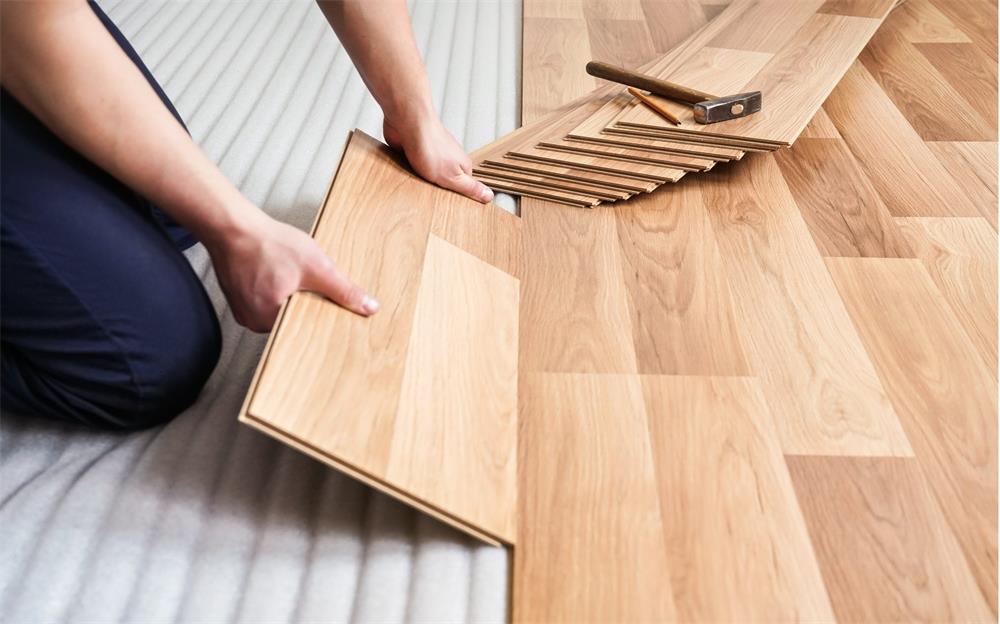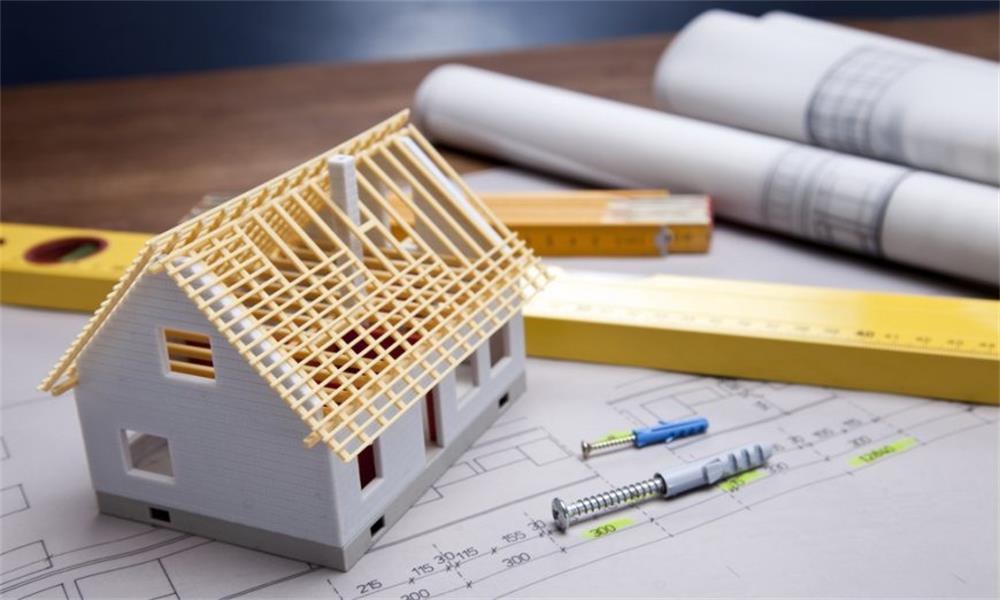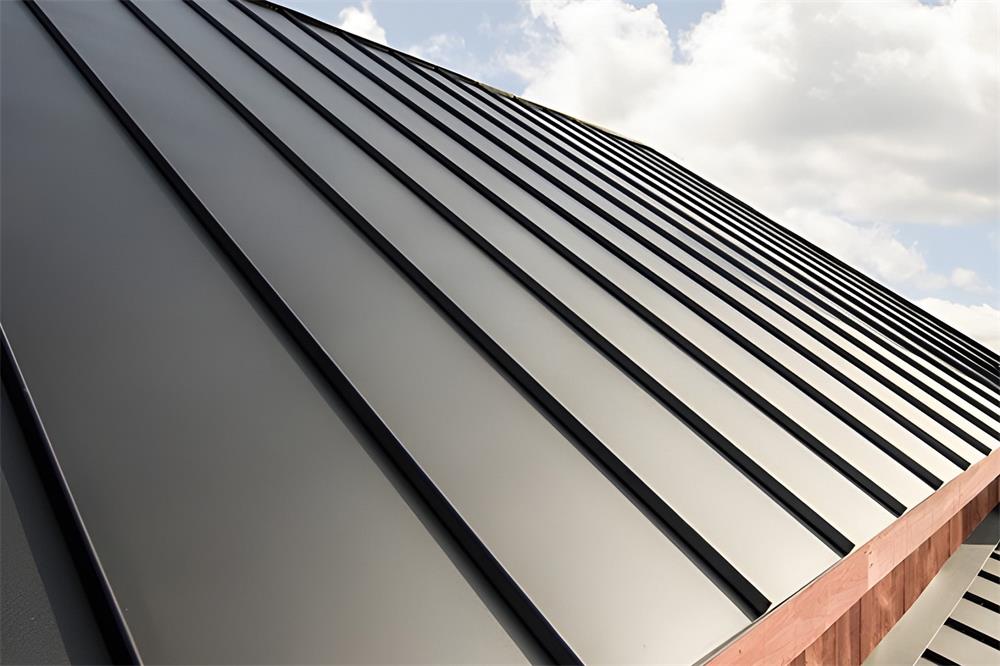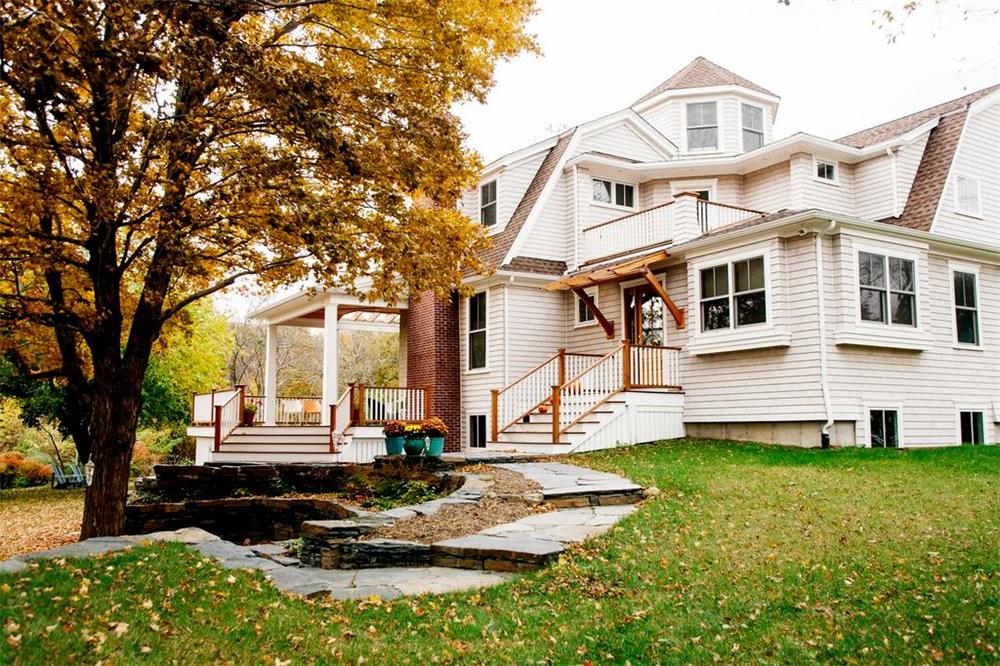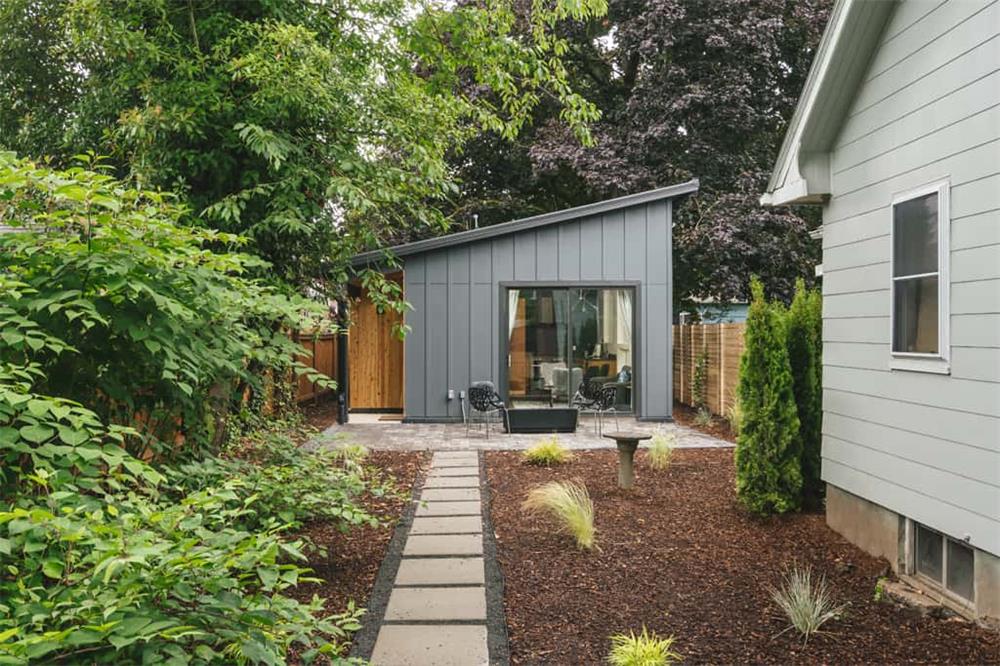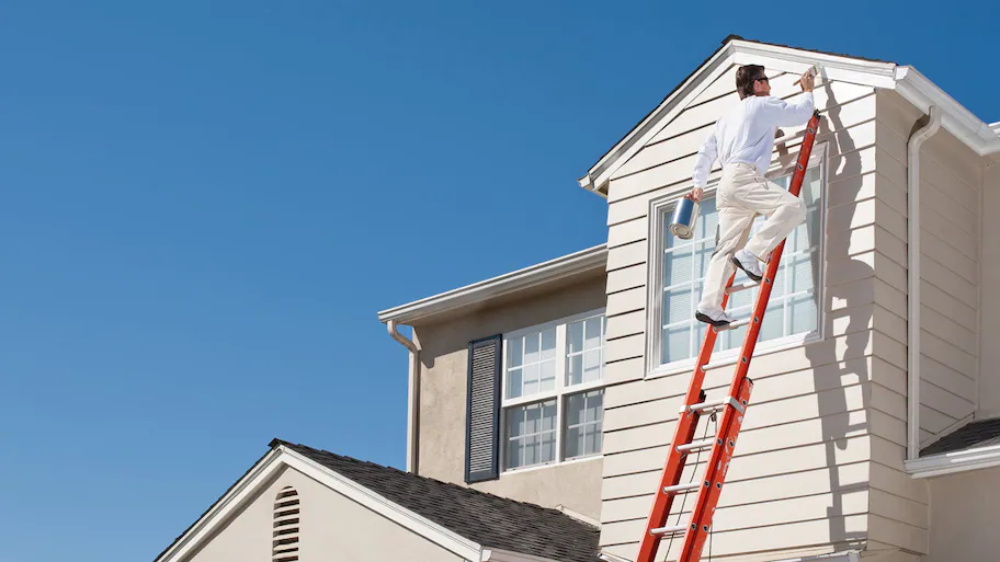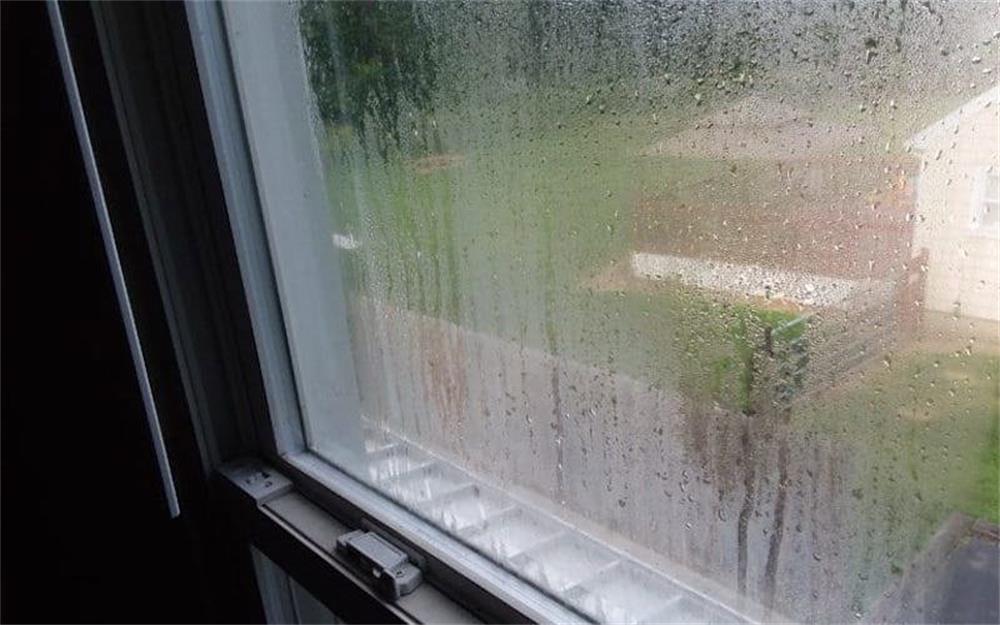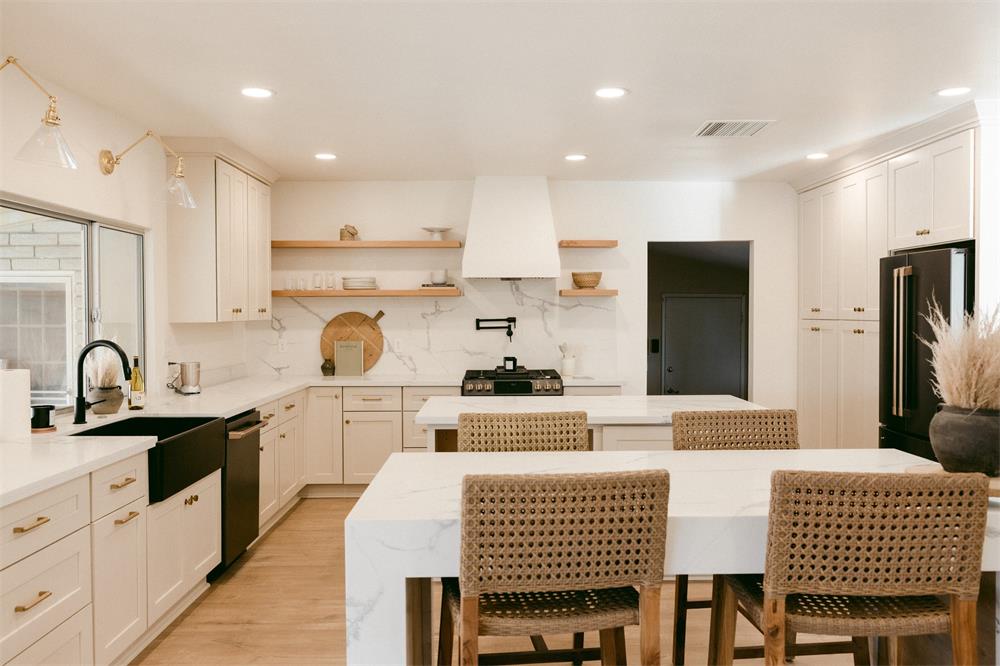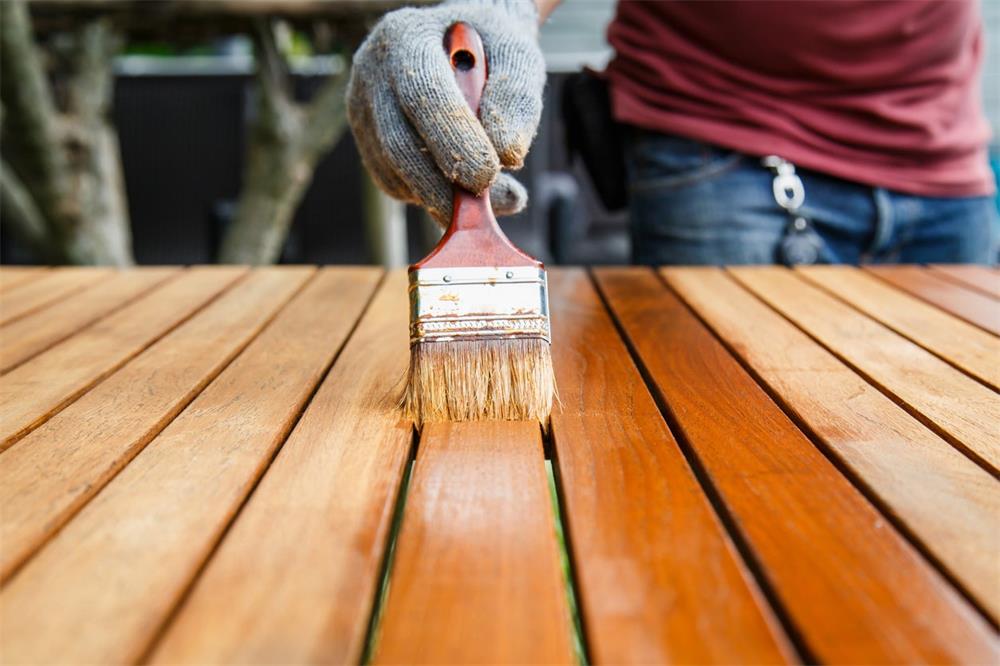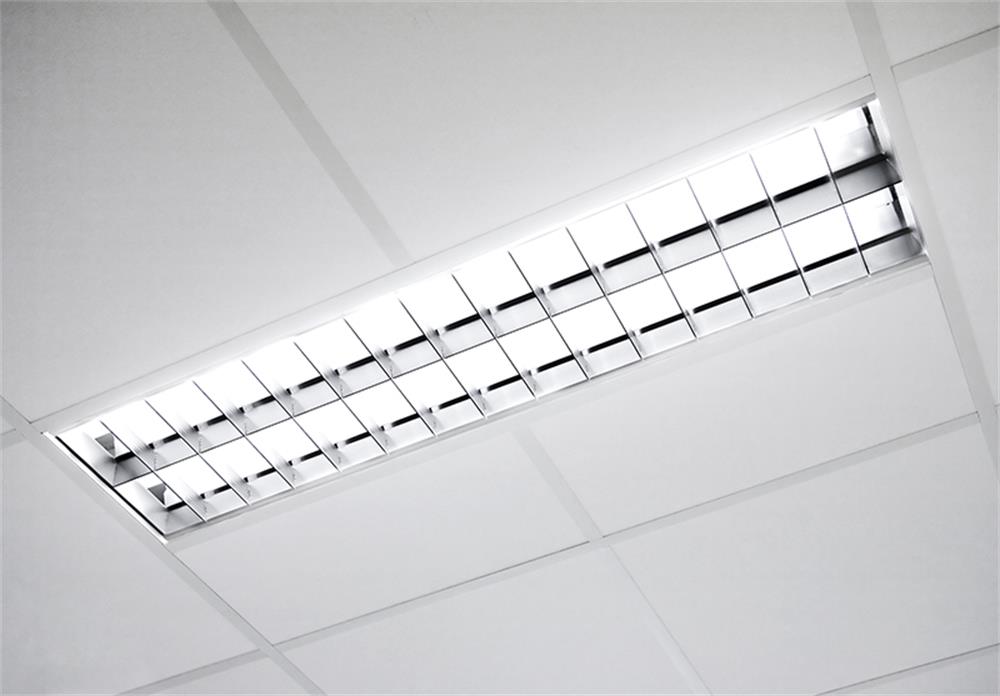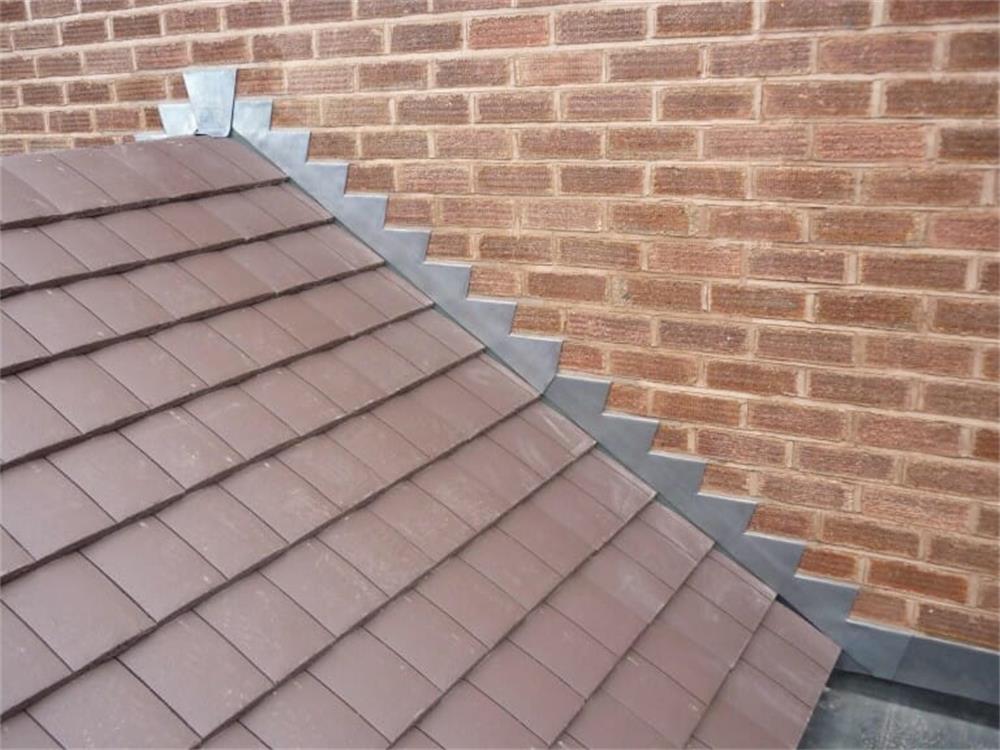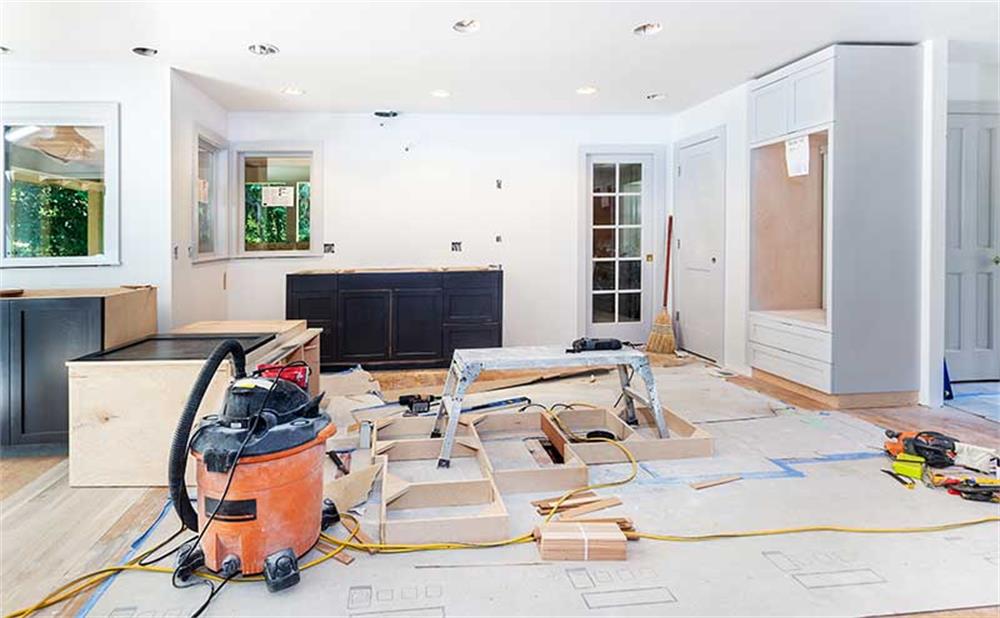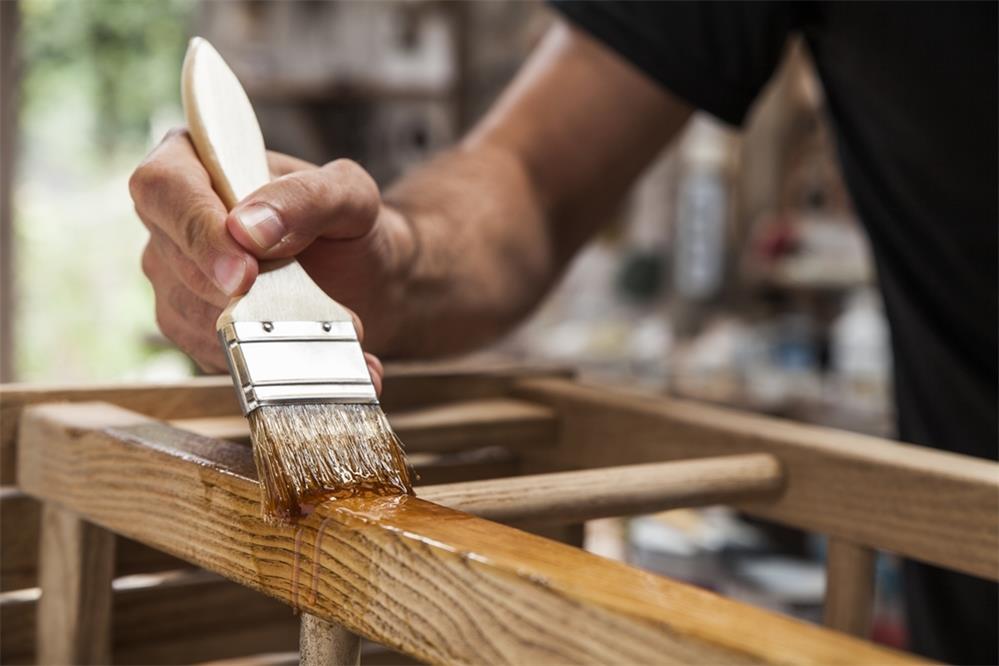A floor is not just a single layer of material that you see and walk on. It is a complex system of different layers that work together to support, protect, and beautify your home. In this article, we will explain the main layers of a floor and their functions.
Finish Floor (or Floor Covering)
The finish floor (or floor covering) is the topmost layer of a floor that you see and walk on. It can be made of various materials, such as hardwood, laminate, tile, vinyl, or carpet. The finish floor is not a structural layer, but it provides the aesthetic and functional qualities of a floor, such as color, texture, pattern, durability, and comfort. The finish floor can also be changed or replaced if needed.
Underlayment
The underlayment is the layer of flooring that lies directly under the finish floor. It is not always present, but it can improve the performance and longevity of the finish floor. The underlayment serves several purposes, such as:
- Smoothing out any imperfections or unevenness in the subfloor
- Providing cushioning and sound insulation for the finish floor
- Protecting the finish floor from moisture and mold
- Enhancing the thermal efficiency of the floor
The underlayment can be made of different materials, depending on the type of finish floor. For example:
- Wood: A thin plywood sheet that provides a smooth and stable base for solid hardwood or engineered wood flooring
- Tile: A cement backer board that resists moisture and cracking for tile and stone flooring
- Laminate: A foam pad that reduces noise and adds comfort for laminate flooring
The underlayment should never be glued or nailed to the subfloor, but rather laid loosely on top of it. This way, it can be easily removed or replaced if necessary.
Subfloor
The subfloor is the middle layer of a floor that supports the underlayment and finish floor. It is an essential structural component that adds strength and stability to the entire floor system. The subfloor is usually made of plywood or oriented strand board (OSB), which are sheets of wood fibers glued and pressed together. The subfloor is attached to the joists with nails or screws.
The subfloor should be thick enough to withstand the weight and movement of the finish floor and the people and furniture on it. The typical thickness of a subfloor ranges from 19/32 inch to 1 1/8 inch.
Joists
The joists are the bottom layer of a floor that supports the subfloor and everything above it. They are horizontal beams that span across the foundation walls or beams of the house. They are usually made of lumber or engineered wood products, such as microlam or I-joists. The joists are spaced at regular intervals, usually 16 or 24 inches apart.
The joists are responsible for carrying and distributing the load of the floor to the foundation. They should be strong enough to prevent sagging or bouncing of the floor. The size and spacing of the joists depend on various factors, such as the span length, load capacity, and building codes.
Conclusion
A floor is a complex system of layered components that each have a specific role and function. By understanding the layers of a floor, you can make better decisions about choosing, installing, maintaining, and repairing your flooring.

